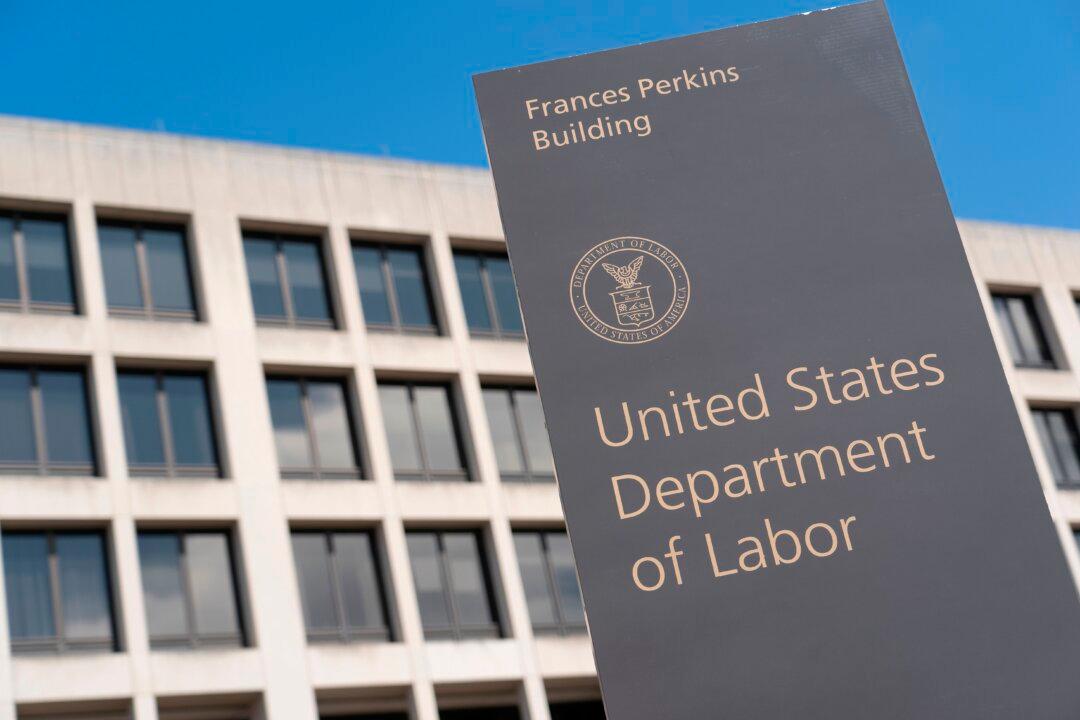A federal judge in Texas has struck down a recent rule by the U.S. Department of Labor that aimed to extend overtime pay protections to approximately four million workers.
The decision, made by Judge Sean D. Jordan of the United States District Court for the Eastern District of Texas, invalidates the department’s attempt to raise the salary threshold for employees exempt from overtime pay under the Fair Labor Standards Act (FLSA). The ruling applies nationwide, affecting employers and employees across the country.





